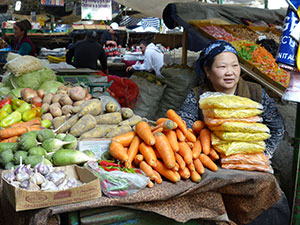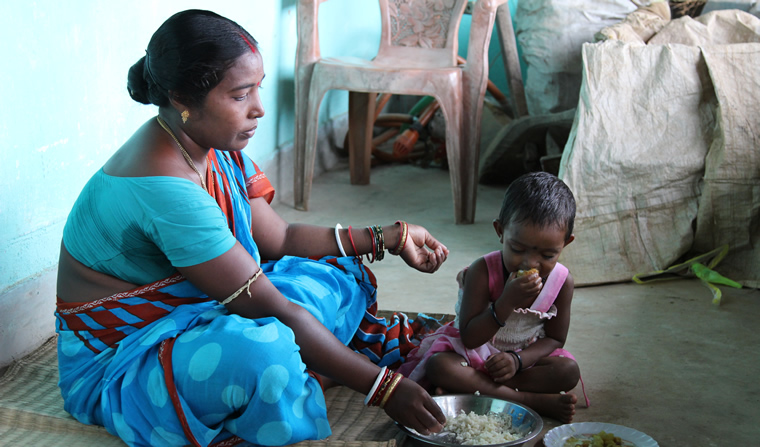SPRING/Ghana Presents WASH 1,000 at the 39th Annual Water Engineering and Development Centre Conference
In July, the annual Water, Engineering and Development Centre (WEDC) conference, “Ensuring Availability and Sustainable Management of Water and Sanitation for All,” was held in Kumasi, Ghana. SPRING/Ghana took advantage of this in country opportunity to host a side table event to present on its nutrition sensitive WASH activities in the Northern and Upper East Regions. SPRING/Ghana WASH Advisor, David Nunoo, and SPRING/DC WASH Technical Advisor Steve Sara presented on the WASH 1,000 approach.
 SPRING conducts trainings primarily for health care providers at the national level and in its implementation areas to deliver high-quality nutrition services and counselling.
SPRING conducts trainings primarily for health care providers at the national level and in its implementation areas to deliver high-quality nutrition services and counselling.

